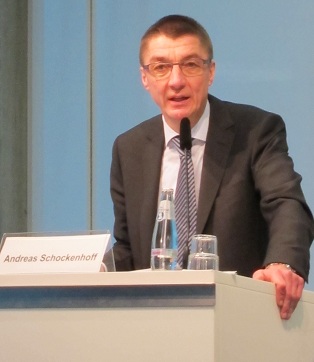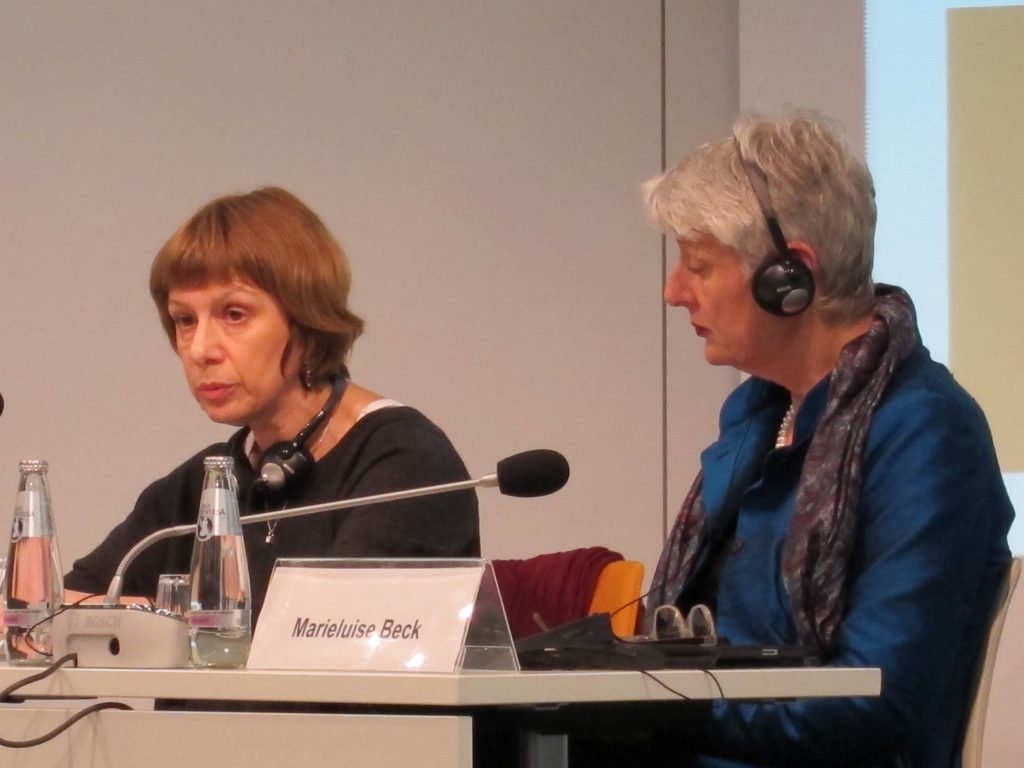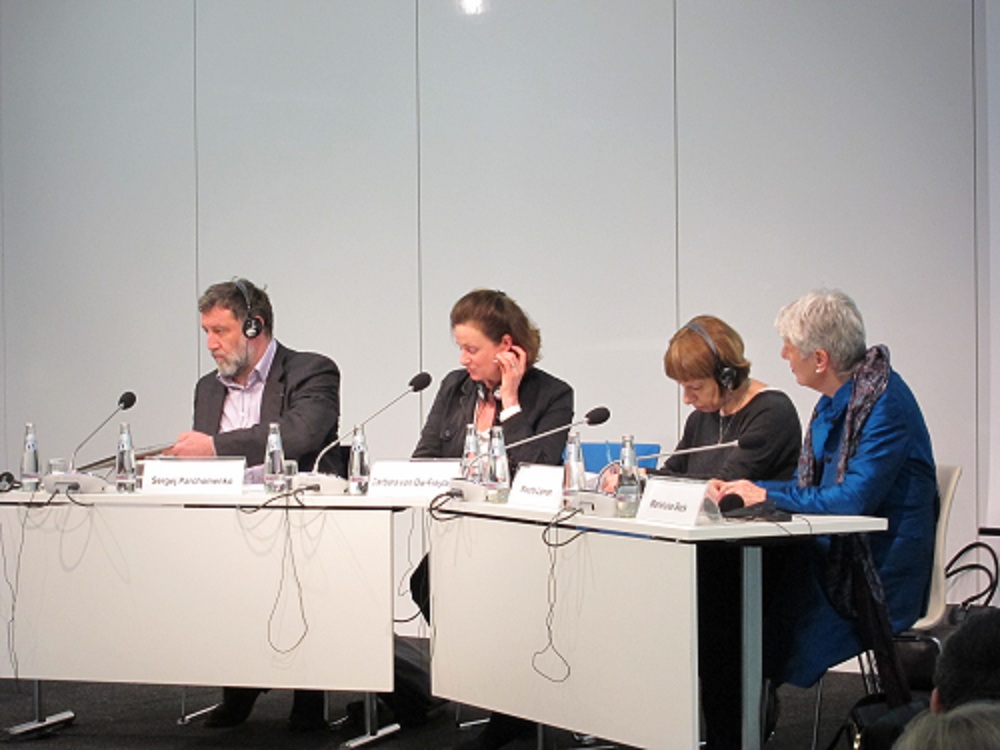4th Khodorkovsky Debates in Berlin: “Russian Alternatives: After Spring, the Long Winter?”
More than 100 guests attended the fourth German Khodorkovsky Debates at the Boell Foundation in Berlin on March 21. The debate addressed the stagnation of political reform in Russia and possible ways of revitalising it. Participants included Boell Foundation President Ralf Fueck, who introduced the debate, and his co-host, Bundestag member Dr Andreas Schockenhoff, Coordinator of the Federal Government for German-Russian Intersocietal Cooperation.

Schockenhoff cited Mikhail Khodorkovsky’s imprisonment as the most important and ongoing example of the lack of rule of law in Russia, adding that political modernisation could only take place there through a “change from inside and the complete involvement of the civil society”.
Masha Lipman, from the Carnegie Moscow Center, reflected on the tenth anniversary of Mikhail Khodorkovsky’s arrest and his continued advocacy on behalf of civil society despite his imprisonment. She underlined that his release would be beneficial for Russia but would depend on political motivations rather than law. Marieluise Beck, a Green Party Bundestag member, expressed her concern that after the February 2014 Sochi Winter Olympics a third trial could be initiated against Khodorkovsky and that it would be crucial to campaign for his release in the run-up to the Games. Referring BP’s recent deal with Rosneft, and given Rosneft’s record of appropriating Yukos assets, Beck argued that the democratic and human rights situation in Russia could only improve if Western businesses adopted a more morally responsible approach.

Georgiy Satarov of the ‘IDEM’ foundation described the state’s growing appetite for power in every branch of the economy, referring to official corruption and the enmeshment of economic and political interests in Russia. Ivan Ninenko of Transparency International Russia argued that the public was gradually awakening after years of corruption, generating protests and increasing the demand for transparent government. Ninenko also emphasised the need for Russia to abide by international legal frameworks like the European Charter on Human Rights.
The Russian journalist and member of the Opposition Coordination Council, Sergey Parchomenko, described the Duma election in December 2011 as a “slap in the face” for Russian citizens. Last winter´s demonstrations were just a small step, he said, but he remains optimistic for the future of the democratic opposition, on the basis that people were beginning to link their grievances to the political system, and to develop their own ideas of how to register their opposition.




